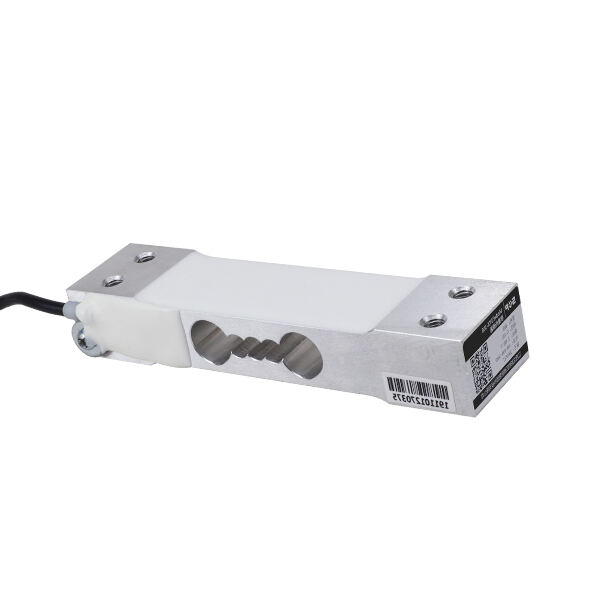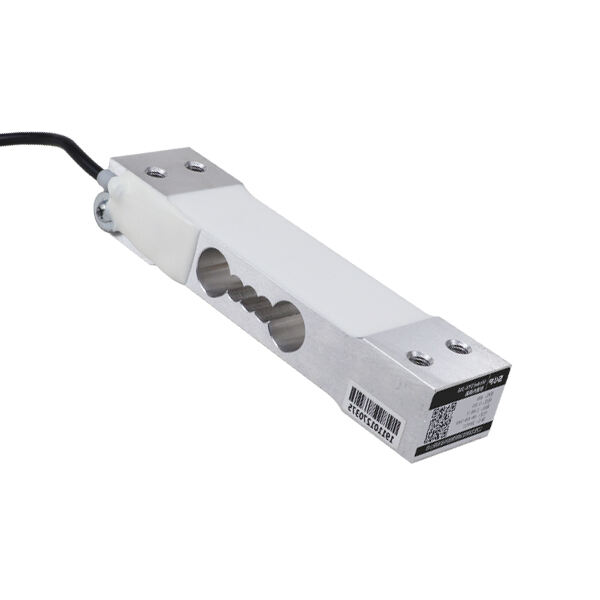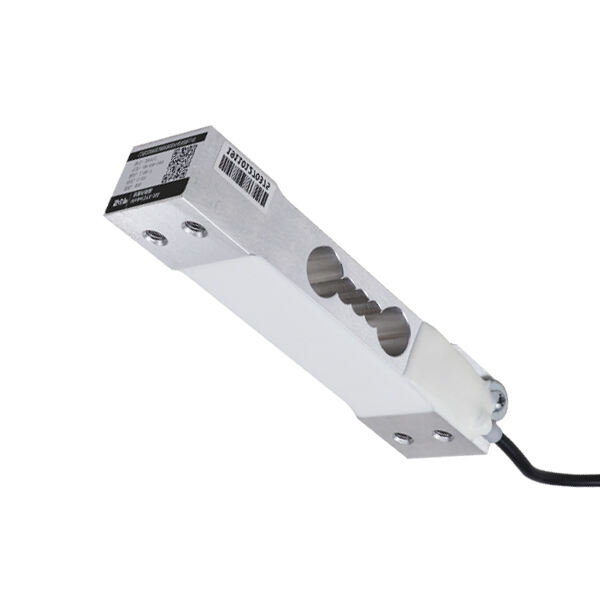Ever wonder how it is that machines know exactly what weight they are using? It might look like a riddle to solve, but it is in practice very smart execution. Now the million-dollar question is, what are SOP small load sensor so definitely and ultimately help those in need to understand?
So, how exactly do SOP small load sensor work? Actually, they are triggered by the movement of a solid metal wire. When it sags under load, the length and cross-section dimensions of this wire change radically ultimately making its stretch very important. This affects the manner in which electricity passes through the wire, an idea we know as electrical resistance.

So, how exactly do SOP small load sensor work? Actually, they are triggered by the movement of a solid metal wire. When it sags under load, the length and cross-section dimensions of this wire change radically ultimately making its stretch very important. This affects the manner in which electricity passes through the wire, an idea we know as electrical resistance.

The other thing related to SOP small load cell is that the tension load cell sensors also need to be checked time and again so as their working can well happen. This is called calibration. Calibration means verifying if the load cell reads what a known weight or force tells.? There are reasons for this, and the most crucial of those is if by any chance there were to be a slight change in tension on the metal wire, it would make things difficult for sensor to work properly hence reliability issue may occur while taking measurements.

If you have to choose through a tension load cell for an individual application, there are myriad things that need considering before making your purchase. The first thing you should do is consider the spectrum of weights that empire into your own measurement indices. The selection of SOP small load cell capable to map your desired weight. If you select a wrong one, then there are chances that sensor give false readings.
Our main products are comprised different types of sensors, such Single load cell displacement sensor drawing wire sensor LVDT sensor, load cell torsion sensor, magneto sensor, pressure sensor, etc. We provide OEM/ODM services depending on the need's client.
Customers can choose from a variety transport services. We provide secure packaging and quick shipping all stock goods. The Single load cell information be sent to you following delivery your goods.
SOP is a high-tech manufacturer has over 20 years of Single load cell production and worked with more than 5000 customers around world. It is a well-established company engaged research, development and production of different types of sensors.
Our company accredited through CE, RoHS, ISO9001 as well other certifications. Before shipment, we examine each product. Additionally, SOP has professional engineers after-sales assistance to resolve Single load cell and other issues.